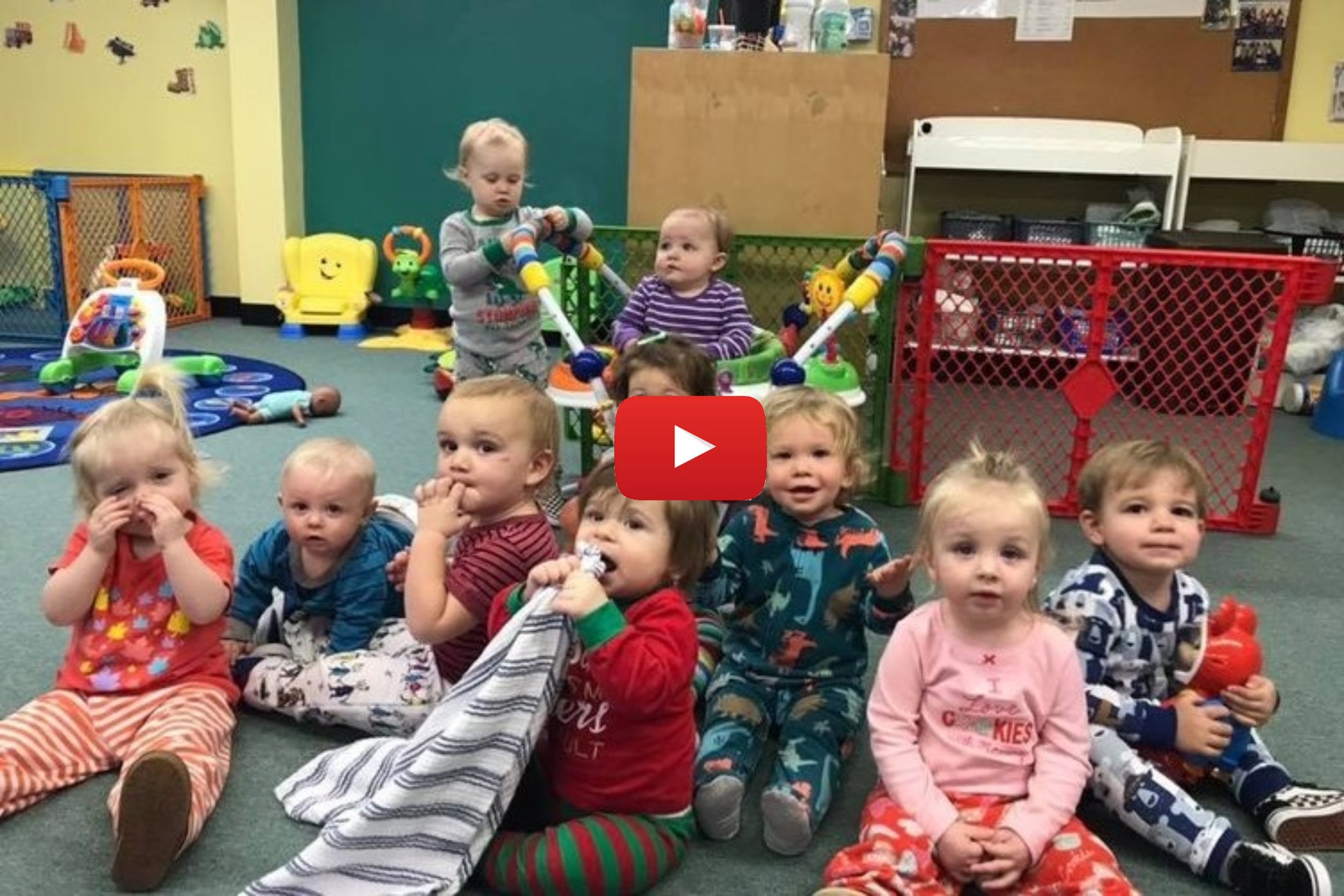All Work
Early Childhood Education
Improving Early Childhood Development by Allowing Advanced Child Tax Credits
Katharine Stevens and Matt Weidinger propose allowing parents to advance future child tax credits into the earliest years of their child’s life, strengthening families' ability to choose how and by whom their children are cared for during the formative first years of development.
If Ever There Were a Time for Kindness: ‘THE ANTIDOTE’
Katharine B. Stevens talks with the filmmakers of “THE ANTIDOTE,” Kahane Cooperman and John Hoffman, about how they hope their new film drives a national discussion about the essential role of kindness and compassion in a civil democracy.
Two Generations, One Future: Aligning State Systems for Family Success
Leaders from Ascend at the Aspen Institute join Katharine Stevens to discuss how their two-generation approach to improving social welfare programs aligns services around parents and their young children, helping build an intergenerational cycle of opportunity for families.
A Silver Lining: Family Engagement in a Post-Pandemic World
Four early childhood leaders join Katharine Stevens to discuss their vision for more effective program-family partnerships in a post-pandemic world.
A Big Stake in the Ground for Universal Childcare Via the American Rescue Plan
The American Rescue Plan was presented as an emergency response to prevent the childcare sector from collapsing. But its primary aims are in fact to advance a longstanding advocacy agenda: leveraging pandemic relief funds to carry out a kind of “trial run” of universal childcare.
The Unintended Consequences of Universal Childcare: Lessons from Sweden
Three Swedish childcare experts describe the unintended consequences of Sweden's implementation of universal childcare and discuss lessons the US can draw from Sweden’s experience.
Why I’m Holding an Event on ‘The Unintended Consequences of Universal Child Care’
High-quality childcare is essential for families who need it. But more thought and debate is needed around huge funding proposals with such serious implications for children's lives
The Role of Families in Human Flourishing: A Conversation with James Heckman
James Heckman joins Katharine Stevens for an in-depth discussion of his interdisciplinary research on human capital development and skill formation over the life cycle, the origins of inequality and social mobility, and the crucial role of families in children’s development.
The Impact of COVID-19 on Child Care
Large proportions of the nation’s most vulnerable children lack access to high-quality child care. Instead of pushing a big government expansion of child care, that is the emergency we should urgently be aiming to address.
Has the Pandemic Caused a Crisis in Child Care?
We know too little about the child care problem we’re spending billions of dollars to solve. To make good policy in a crucial area, we need more reliable data.
Virtual Teaching During COVID-19: Report from the Front
Four educators from disadvantaged communities in California’s Bay Area join Katharine Stevens to discuss the challenges and effects of virtual teaching.
Improving Early Childhood Development by Allowing Advanced Child Tax Credits
Katharine Stevens and Matt Weidinger propose allowing parents to advance future child tax credits into the earliest years of their child’s life, strengthening families' ability to choose how and by whom their children are cared for during the formative first years of development.
Universal Child Care: A Bad Deal for Kids?
Rather than seeking to outsource young children’s care to paid professionals, policy should aim to better enable parents to spend more time caring for their young children themselves, especially in the critical first five years of life.
Three Problems with President Biden's Child Care Rescue Plan
Biden’s American Rescue Plan constitutes a substantial scale-up of government spending on nonparental, out-of-home care for young children, which poses an unrecognized risk to the well-being of children and families.
We Need a National Tutoring Program to Avert Educational Catastrophe
As a third COVID wave sweeps the United States, achievement gaps between higher- and lower-performing students are widening. A national tutoring program is our best chance for averting an educational disaster.
Schools Won’t Work Any Better for Disadvantaged Children After COVID Than Before It
We need good schools now more than ever. But it’s hard to see how they’ll be any better after COVID than they’ve been for decades before it.
Closing the COVID Inequality Gap
Learning loss has been extensive during the pandemic, hurting some students more than others. Katharine Stevens joins the National Press Foundation for an in-depth conversation on how to close schools' growing COVID inequality gap.
Assessing Joe Biden’s Early Childhood Plans — The Education Gadfly Show
Katharine Stevens joins Mike Petrilli and David Griffith to discuss President-elect Biden’s ambitious childcare and pre-K plans.
Taking Stock of a Half-Century of Failed Education Reform
Our excessive focus on schooling — rather than the non-school environments that most powerfully shape children’s lives — continues to hurt the very children we are trying so hard to help.
How America’s Schools Keep Failing Our Children — Tipping Point New Mexico
Paul Gessing and Katharine Stevens discuss the impact of COVID 19 on children's learning. Katharine also shares findings from her recent report, "Still Left Behind: How America’s Schools Keep Failing Our Children," and explains why universal pre-K will not solve our nation's persistent education achievement challenges.





















